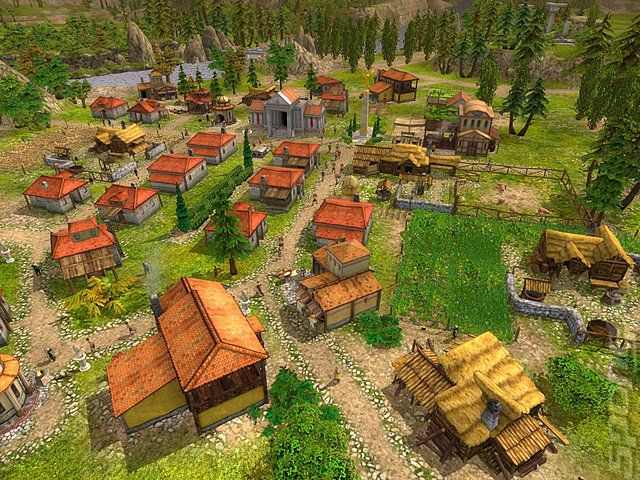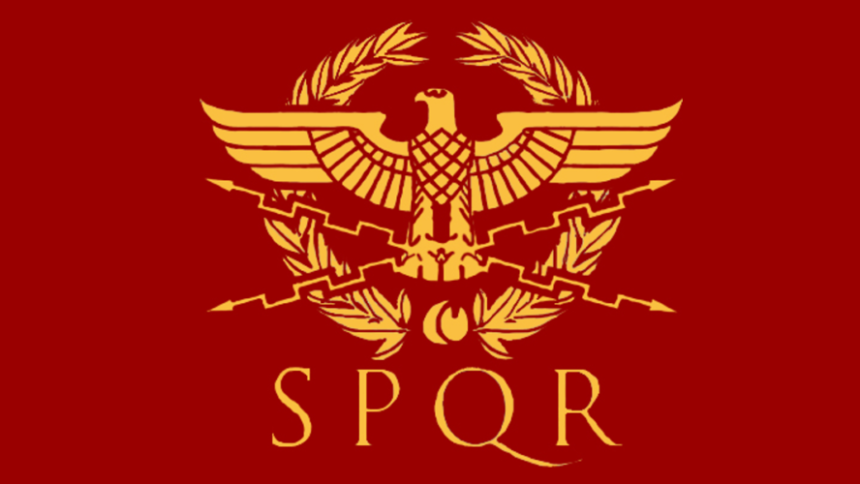
The development and equipment of your character here is just as important as battle and as finding out your opponents' strengths and weaknesses. This version of ancient Rome combines history, legend and fantasy to form a lively role-playing game environment. Fight for honour and glory in the arenas. Look for allies that can fight by your side.

Fight a number of opponents on expeditions and defy the danger of the dungeons. BECOME A GLADIATOR AND FIGHT WITH FRIENDS FOR HONOUR AND GLORY In Gladiatus, a life of battle in the massive Roman Empire awaits you. Face friend or foe to become the mightiest warrior of the Roman Empire. As such, the mechanism of petition should not be linked to passive mode of government but rather to a proactive way of ruling.As a Gladiator you fight your way to the top in the arenas. Through the term “integrated management”, Cortés-Copete considers that the petitions were in many cases the consequences of initial imperial actions, which allowed the emperor to establish a dialogue and fluid communication with cities, communities and governing bodies. Hadrian felt the need to be precisely and independently informed in order to reach a decision hence, the emperor who travelled and the emperor who wrote letters complemented each other in order to create a proto-bureaucratic government structure with a more active form of government and a more direct relationship with his subjects. Cortés-Copete examines the quantitative and qualitative transformation of an emperor who wrote five times more rescripta as answers to petitions than his predecessors and gave them universal legal value. The circulation of such normative texts, establishing a general rule, and the re-interpretation and re-application of them in later cases, presented a more active model than that of a reactive, passive government.

The latest studies have begged for a re-interpretation of the evidence: Ando has brought to attention the fact that instructions to governors ex ante (mandata) were delivered as a guide to action. Since Millar’s seminal study, the petition-and-response model suggested an emperor who governed in a responsive matter to the requests presented by his subjects. Cortés-Copete analyses the official documentation of Hadrian’s chancellery to illustrate how the emperor improved a system that allowed him to be more responsive to his subjects.


 0 kommentar(er)
0 kommentar(er)
